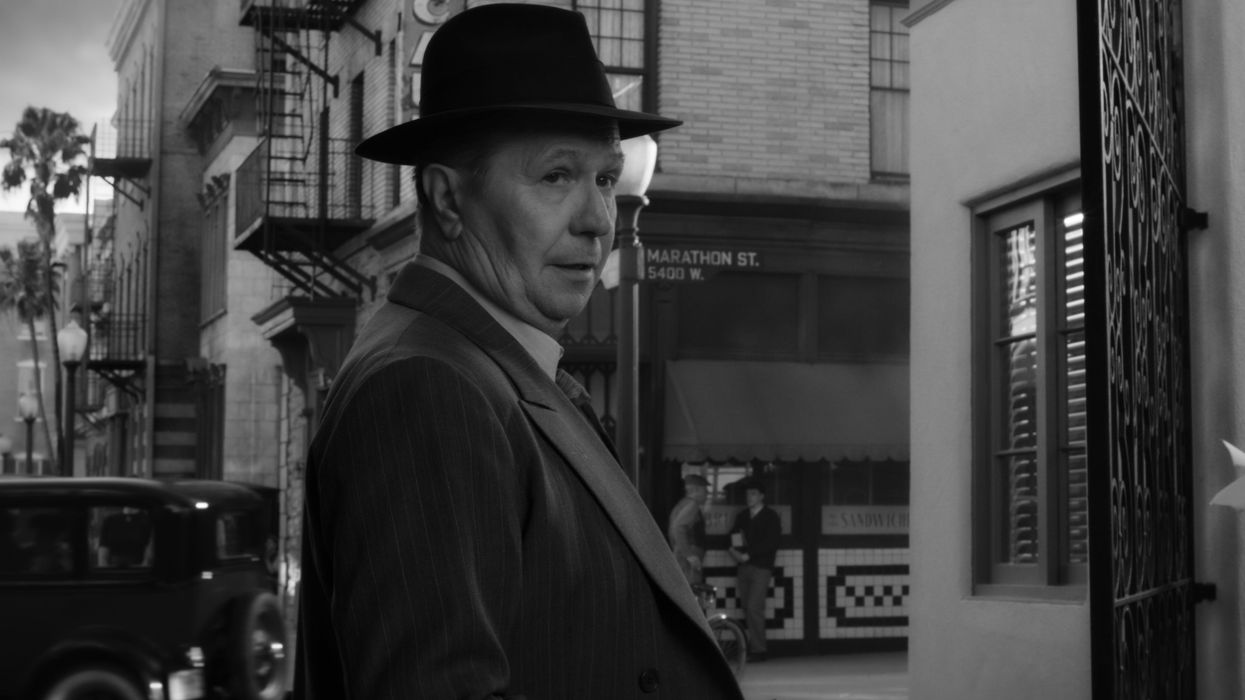Actors Dish on Demanding Directors and Environments
What's the best advice for actors to deal with difficult directors?

When you're an actor, you have so much to think about scene to scene. It's not just about lines and marks, but also feeling comfortable on set. You have to balance the expectations of the director with what you know about the character. And sometimes, directors can be incredibly hard to deal with... we've all heard the stories.
Check out this year's THR Roundtable, where actors talk about dealing with those specific details. We'll go into some direct quotes after.
Of course, since we have Fincher's Mank on the awards docket this year, there will be talks of doing dozens of takes and how to act under those circumstances. Gary Oldman, who stars in Mank, has some idea on how to deal day to day.
"All directors have different ways of working," Oldman said. "If I’m committed to a project, I want to serve the character, the story, and the director. And if they want to do 10 takes or they want to do 60, I'm on the clock, from this time to this time. And I'm there to serve in that sense."
It's always good to know facts ahead of time, but what about when you get into a new circumstance? How do you deal then?
Oldman elaborated, emphasizing that sometimes you're not just making personal tweaks, but doing the repetition to shake yourself into a space the director wants. Trust is key here.
He said, "David, first of all, is watching everything... He’s sort of like a conductor of an orchestra. Maybe you’re in five or six takes, and he’s not really focusing on you yet... I think he just wants you to get to a point where he’s worn you out, and then you find that second wind like a runner—you get that stitch, and you’ve got to go through the pain barrier … and come away feeling that you’ve really examined the scene. So much of the time you turn to another cast member and go, 'Did we get that? I don’t think we got the scene.' With David, you feel we’re really worked the scene. It’s like a dog with a bone: He will get the scene."
Ben Affleck, star of Gone Girl and a personal friend of Fincher, talked about his process with the director as well.
"I can imagine it being very frustrating if you were working with somebody who you thought had no idea what they wanted," said Affleck. He continued, "Like [Gary] said, I’d rather be shooting the scene than sitting in my trailer. I don’t want to sit there and watch people light or move [equipment]. He [does] very few setups. And it really is a pleasure to get to keep playing the scene ... You do it so much that you actually forget that you’re ever going to move on."
It matters a lot that the director has an idea of what they want, so they can keep things organized. It can go off the rails quickly if there is no control there. But of course, not all actors work that way, and neither do all directors.
Sascha Baron Cohen talks about what it was like doing Borat 2 and The Trial of Chicago 7 this year. He was not afforded the ability to do more takes, because a lot of his work was improv, or could only get them one shot at it.
"There’s one time to get it right with Rudy Giuliani or Mike Pence or [protestors at a] gun rally," Baron Cohen said. "Getting up at one in the morning, driving to a hotel, having a prosthetics team turn me into Donald Trump, then smuggling into CPAC and getting past Secret Service, ending up hiding in the bathroom for four hours. Eventually, Mike Pence comes on, and you’ve got one go, you do your speech, you improvise a bit, and then you’re surrounded by Secret Service and you have to avoid being thrown in jail. Once I go to Aaron Sorkin and he says, 'You’ve got two takes on a small budget,' I’m fine!"
Much of what we learned here is about collaboration. Make sure everyone is on the same page before things begin. Work back and forth. Communicate. Be okay asking questions and getting clarifications.
Trust is the most important element available in these kinds of situations, so do your homework, know what you're getting into, and see how you can foster trust moving forward. That way you will be happy with the performance you give and they will be happy with the one they get.

 'Anora'Neon
'Anora'Neon Annie Johnson Kevin Scanlon
Annie Johnson Kevin Scanlon









